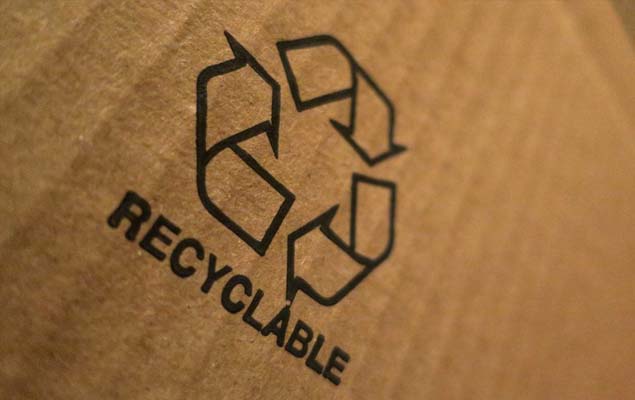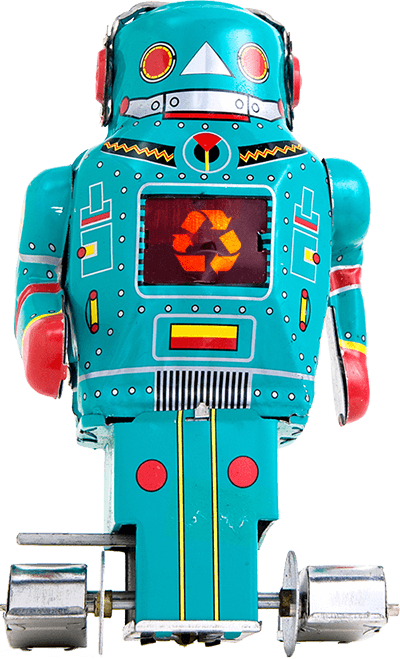
Reduce: use less of something.
A critical part of waste reduction is conservation: using natural resources wisely, combined with using less than you usually would. You can reduce by choosing products that don't have to be added to landfills (or the waste stream in general). Here are some easy ways to reduce waste:
- Don't let the water run while you're brushing your teeth or washing your face
- Avoid single-serve packaging like yogurt cups, TV dinners or small packs of chips & cookies (try buying items in bulk)
- Try to write on both sides of a piece of paper
- Start a garden (growing your own food means no packaging)
Reuse: use something again.
Rather than throwing materials away, consider reusing them or passng them along to others. Remember that one person's trash is another person's treasure! Here are a few ideas of how to reuse items:
- Instead of plastic bags, use reusable shopping bags (cloth bags for example) or containers
- Avoid disposable food containers whenever possible and use reusable containers instead
- Swap parties are a great way to reuse items and score new stuff! Get folks to bring items they no longer use (clothing, toys, tools, etc.). Then start bartering, trading and swapping!
Recycle: turn waste into something else.
Rather than throwing materials away, consider reusing them or passng them along to others. Remember that one person's trash is another person's treasure! Here are a few ideas of how to reuse items:
- Instead of plastic bags, use reusable shopping bags (cloth bags for example) or containers
- Avoid disposable food containers whenever possible and use reusable containers instead
- Swap parties are a great way to reuse items and score new stuff! Get folks to bring items they no longer use (clothing, toys, tools, etc.). Then start bartering, trading and swapping!
Respect: take everything into consideration.
We’ve all heard of three of the Rs of waste management. However, there's one more R that's also very important when it comes to protecting your environment: respect.
Respect means taking the environment (and all the plants, creatures, and people) into consideration before we make decisions about the way we handle, transport and dispose of your waste.


